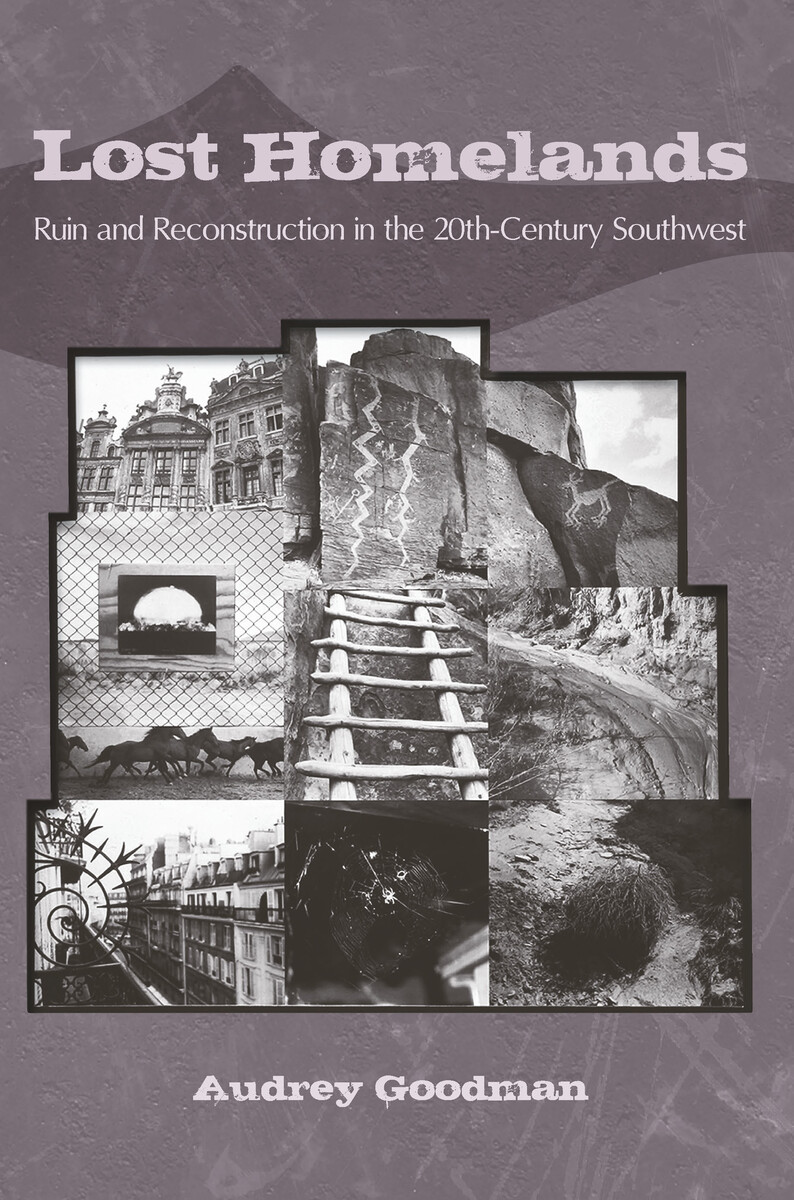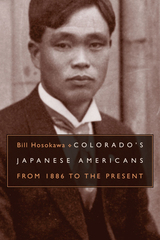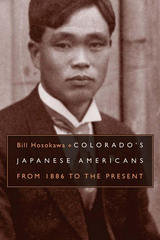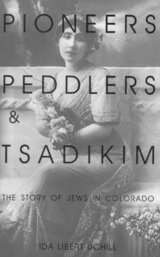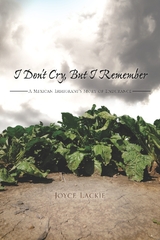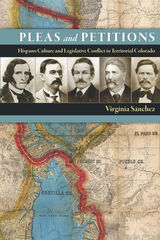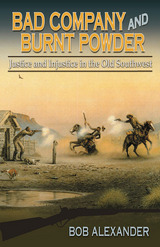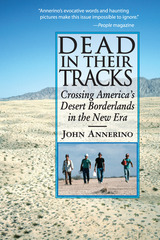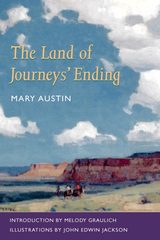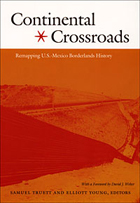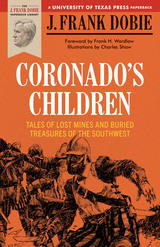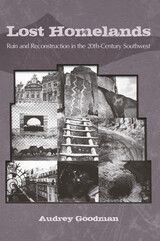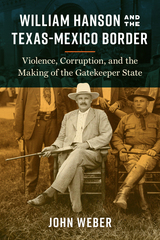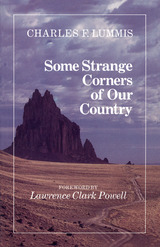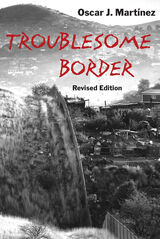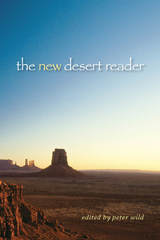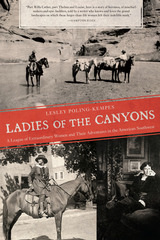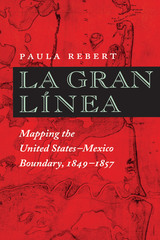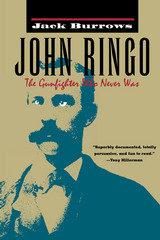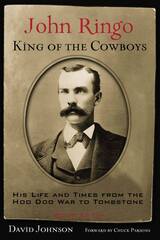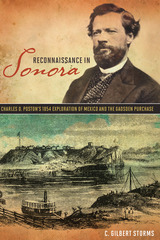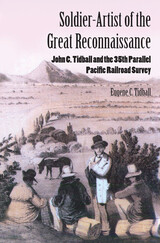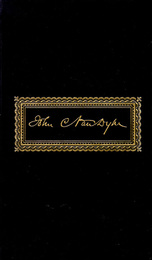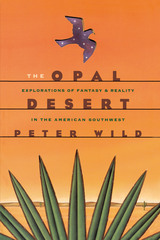Lost Homelands: Ruin and Reconstruction in the 20th-Century Southwest
University of Arizona Press, 2010
Cloth: 978-0-8165-2881-3 | eISBN: 978-0-8165-4725-8 (standard)
Library of Congress Classification F786.G67 2010
Dewey Decimal Classification 979
Cloth: 978-0-8165-2881-3 | eISBN: 978-0-8165-4725-8 (standard)
Library of Congress Classification F786.G67 2010
Dewey Decimal Classification 979
ABOUT THIS BOOK | AUTHOR BIOGRAPHY | REVIEWS | TOC
ABOUT THIS BOOK
Before the 1930s, landscapes of the American Southwest represented the migrant’s dream of a stable and bountiful homeland. Around the time of the Great Depression, however, the Southwest suddenly became integrated into a much larger economic and cultural system. Audrey Goodman examines how—since that time—these southwestern landscapes have come to reveal the resulting fragmentation of identity and community.
Through analyzing a variety of texts and images, Goodman illuminates the ways that modern forces such as militarization, environmental degradation, internal migration, and an increased border patrol presence have shattered the perception of a secure homeland in the Southwest. The deceptive natural beauty of the Southwest deserts shields a dark history of trauma and decimation that has remained as a shadow on the region’s psyche. The first to really synthesize such wide-ranging material about the effects of the atomic age in the Southwest, Goodman realizes the value of combined visual and verbal art and uses it to put forth her own original ideas about reconstructing a new sense of homeland.
Lost Homelands reminds us of the adversity and dislocation suffered by people of the Southwest by looking at the ways that artists, photographers, filmmakers, and writers have grappled with these problems for decades. In assessing the ruination of the region, however, Goodman argues that those same artists and writers have begun to reassemble a new sense of homeland from these fragments.
Through analyzing a variety of texts and images, Goodman illuminates the ways that modern forces such as militarization, environmental degradation, internal migration, and an increased border patrol presence have shattered the perception of a secure homeland in the Southwest. The deceptive natural beauty of the Southwest deserts shields a dark history of trauma and decimation that has remained as a shadow on the region’s psyche. The first to really synthesize such wide-ranging material about the effects of the atomic age in the Southwest, Goodman realizes the value of combined visual and verbal art and uses it to put forth her own original ideas about reconstructing a new sense of homeland.
Lost Homelands reminds us of the adversity and dislocation suffered by people of the Southwest by looking at the ways that artists, photographers, filmmakers, and writers have grappled with these problems for decades. In assessing the ruination of the region, however, Goodman argues that those same artists and writers have begun to reassemble a new sense of homeland from these fragments.
See other books on: City and town life | Community life | Group identity | Landscapes | Southwest, New
See other titles from University of Arizona Press
